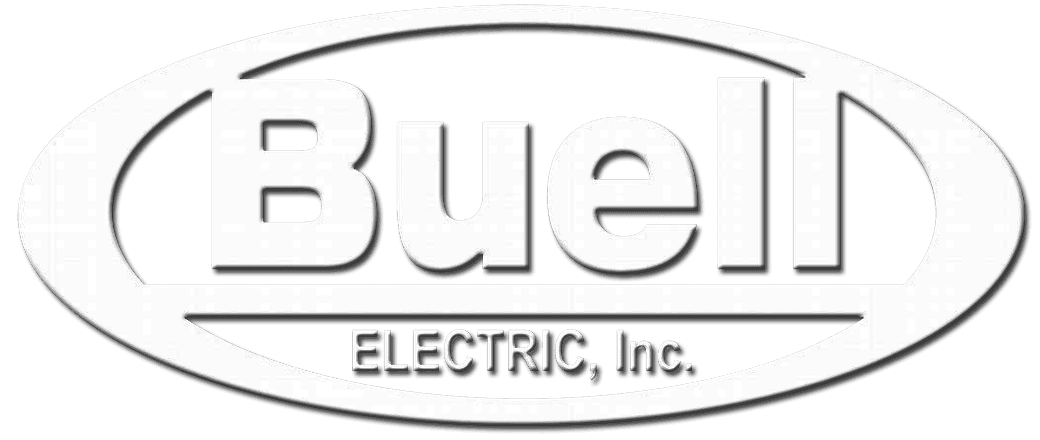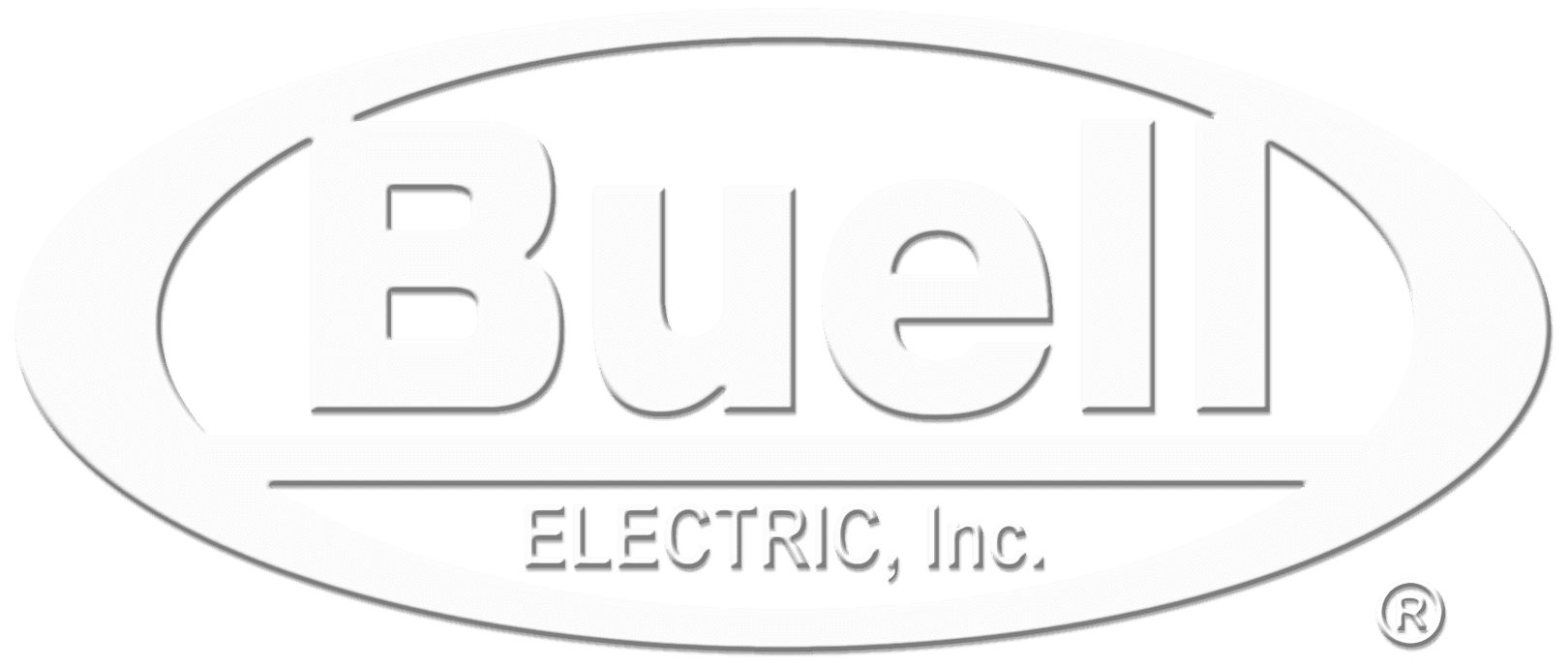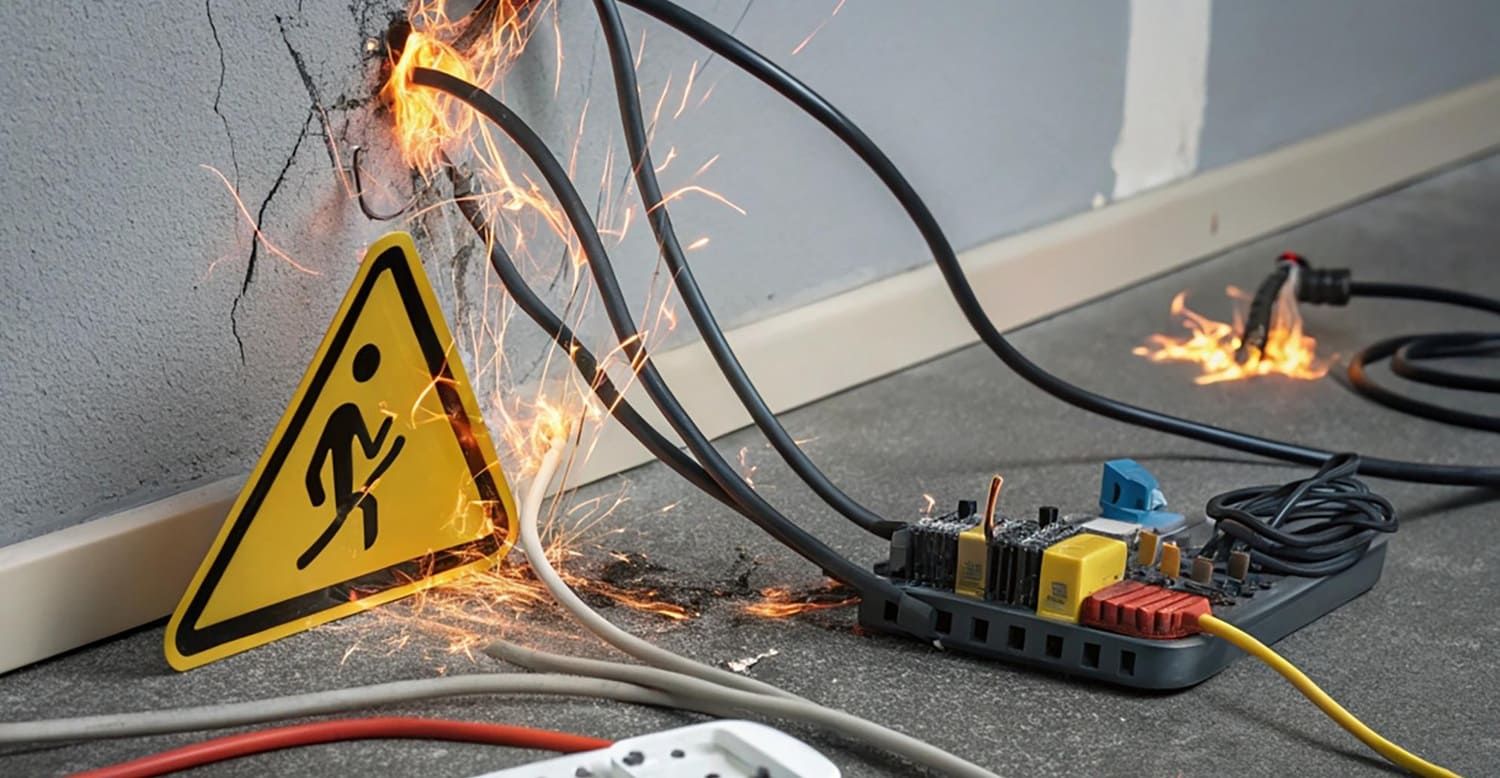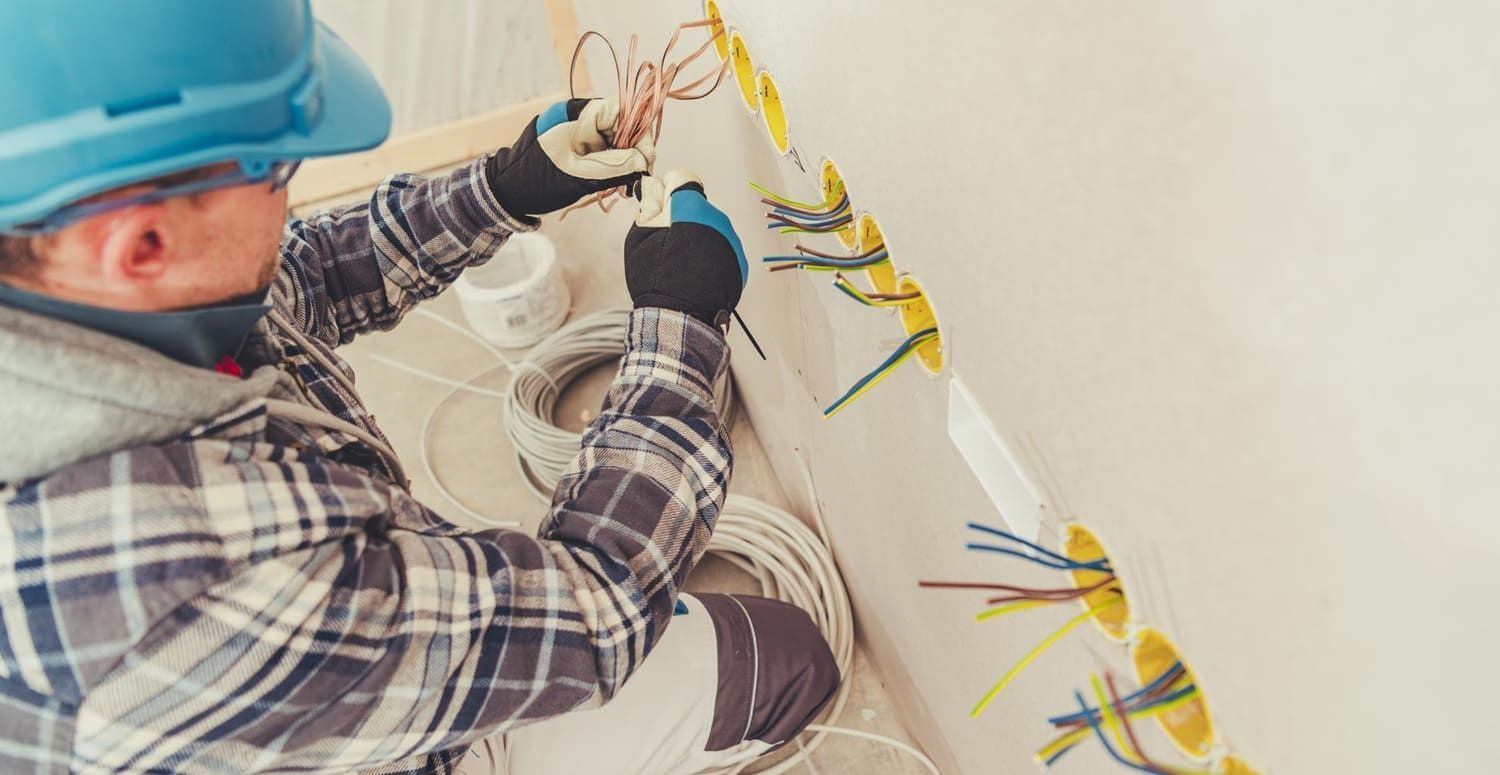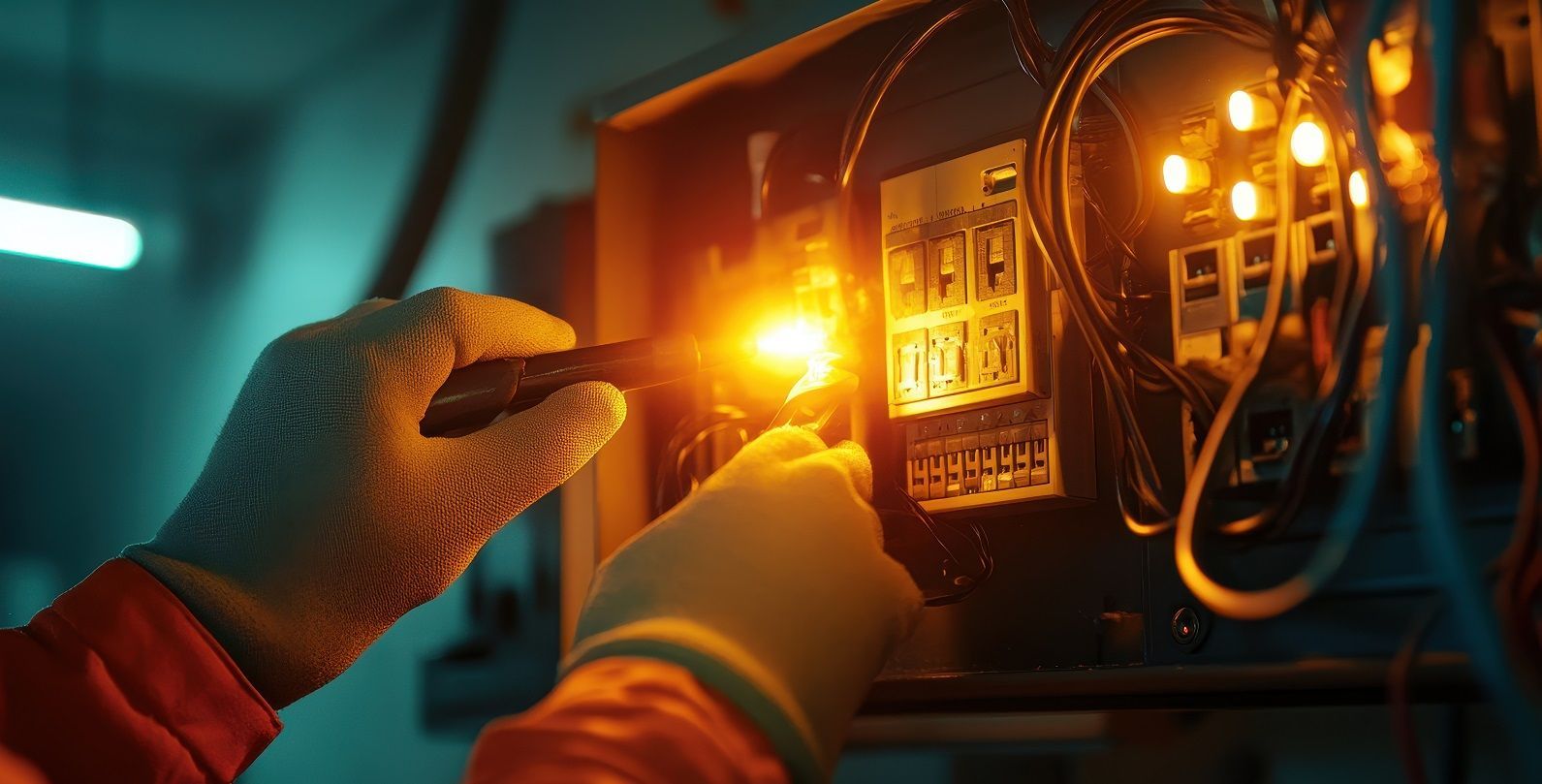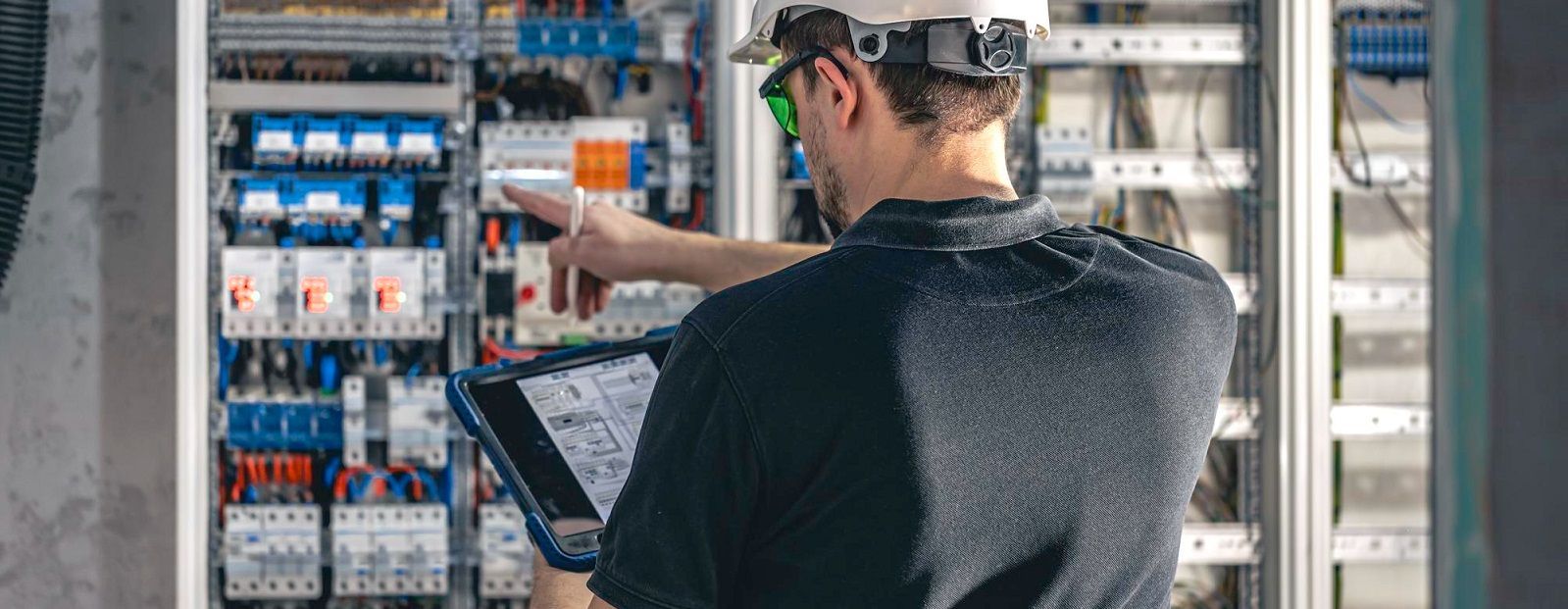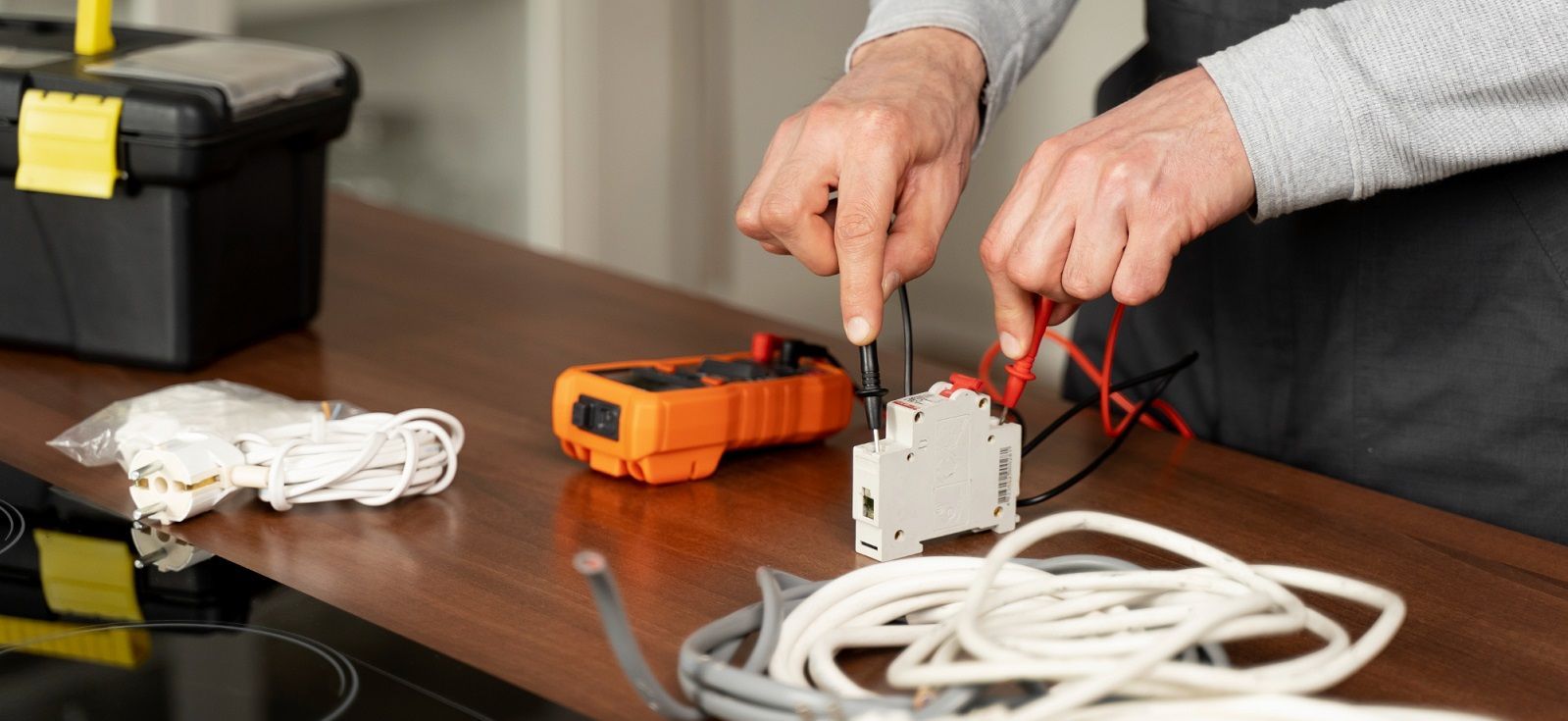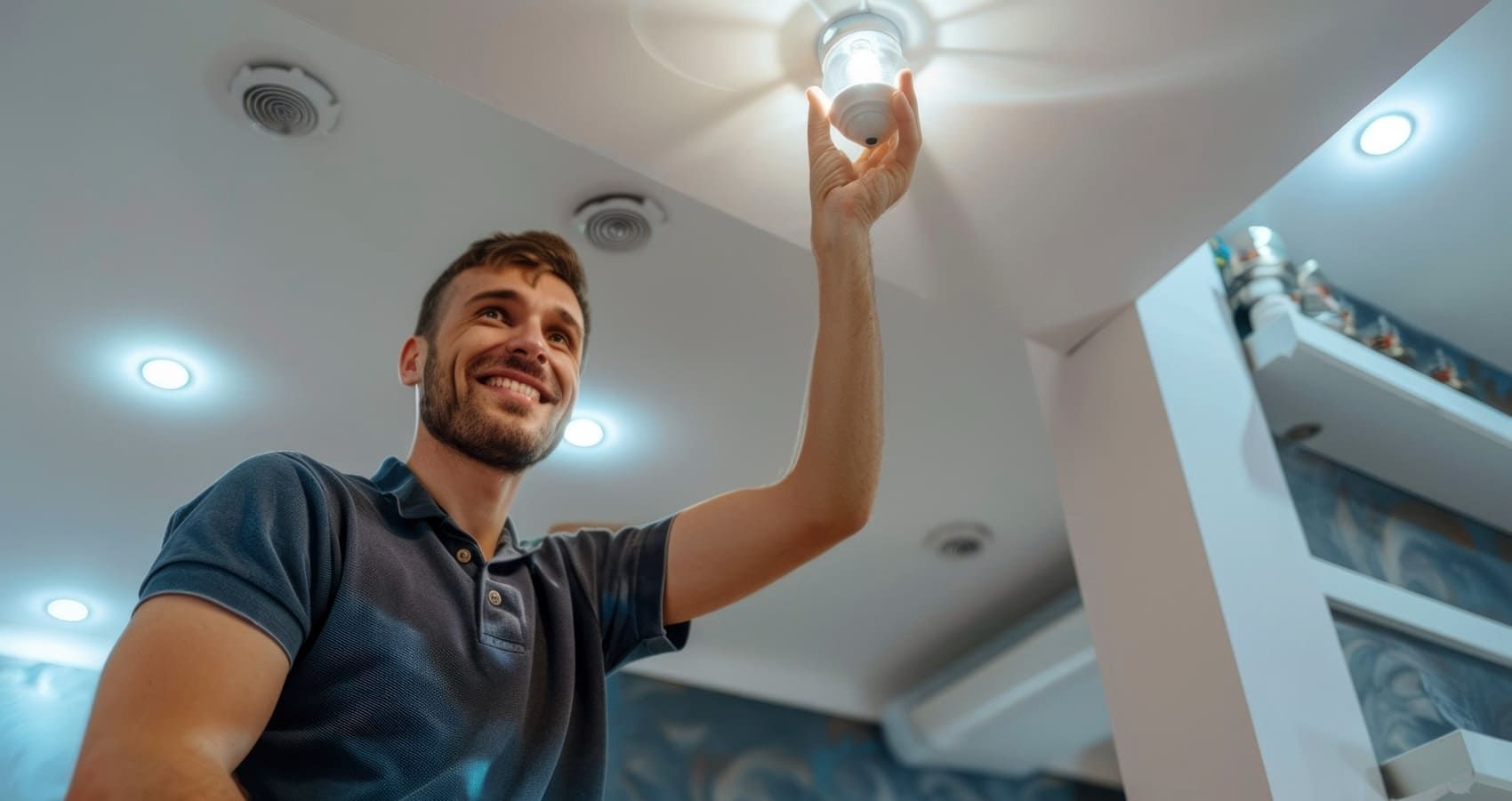Energy-Saving Tips from Professional Electricians
Before we explore specific strategies, it's essential to grasp the concept of energy efficiency. At its core, energy efficiency involves achieving the same outcomes with reduced energy consumption. This can be accomplished through a variety of approaches, including upgrading to more efficient appliances, enhancing home insulation, and adopting smarter daily practices.
Energy efficiency is not just about technology; it also involves behavioral changes. Simple adjustments like turning off lights when leaving a room or unplugging chargers when not in use can contribute significantly to energy savings. By understanding the principles of energy efficiency, homeowners can make informed decisions that lead to long-term benefits.

Lighting: A Bright Idea for Energy Savings
Switch to LED Bulbs
Transitioning to LED bulbs is one of the most straightforward and impactful energy-saving measures. LED lights use up to 80% less energy compared to traditional incandescent bulbs and have a much longer lifespan, often lasting up to 25 times longer. While the initial cost of LED bulbs may be higher, the significant reduction in energy usage and the extended lifespan make them a cost-effective choice over time.
Moreover, LED bulbs emit less heat, reducing the cooling load on your air conditioning system during warmer months. By choosing LED lighting, you not only decrease your energy bills but also contribute to a reduction in greenhouse gas emissions. The variety of LED options available today, from smart bulbs to dimmable lights, further enhances their appeal as a versatile energy-saving solution.
Make Use of Natural Light
Harnessing natural light is an excellent way to minimize reliance on artificial lighting. By strategically placing mirrors or choosing lighter wall colors, you can enhance the diffusion of sunlight throughout your home. This not only reduces the need for electric lighting but also creates a more pleasant and uplifting atmosphere within your living spaces.
In addition to energy savings, natural light has been linked to improved mood and productivity. Consider installing skylights or enlarging windows in areas where natural light is limited. These changes can lead to a more inviting and energy-efficient home environment, while also potentially increasing the value of your property.
Heating and Cooling: Optimize Your HVAC System
Regular Maintenance
Routine maintenance is vital for ensuring that your HVAC system operates efficiently. Regular check-ups by a professional can prevent small issues from escalating into costly repairs and ensure that your system is running at peak performance. Cleaning or replacing filters, checking for leaks, and calibrating the thermostat are all part of essential maintenance tasks that keep energy consumption in check.
In addition to professional servicing, homeowners can take simple steps such as keeping vents clear and ensuring that outdoor units are free from debris. These practices enhance airflow and system efficiency, leading to reduced energy use and lower utility bills. An efficiently running HVAC system not only saves energy but also prolongs the life of the equipment.
Install Programmable Thermostats
Programmable thermostats are a smart investment for optimizing energy use in your home. They enable you to set specific temperature schedules, ensuring that heating or cooling is minimized when you're away or asleep. Advanced models even offer remote access via smartphone apps, allowing for real-time adjustments based on changing needs.
The ability of smart thermostats to learn your schedule and preferences can lead to further energy savings. By automatically adjusting settings based on occupancy and environmental conditions, these devices take the guesswork out of energy management. As a result, you can enjoy comfortable temperatures while reducing your carbon footprint.
Insulation: Keep the Heat Where It Belongs
Seal Windows and Doors
Sealing windows and doors is a cost-effective way to prevent energy loss. Drafts can significantly impact your home's temperature control, forcing HVAC systems to work harder and consume more energy. By applying weather stripping or caulking, you can effectively block unwanted air exchange, maintaining a consistent indoor climate.
In addition to sealing, consider upgrading to double-glazed windows, which offer superior insulation compared to single-pane alternatives. These windows help maintain the desired temperature inside your home, further enhancing energy efficiency. By addressing drafts and improving insulation, you create a more comfortable living environment that requires less energy to maintain.
Add Insulation
Enhancing your home's insulation is a powerful method to boost energy efficiency. Proper insulation in the attic, walls, and floors acts as a barrier to heat flow, keeping warmth inside during the winter and outside in the summer. The result is a reduced need for heating and cooling, translating to lower energy bills.
Consulting with professionals can help determine the most effective insulation solutions for your home. Various types of insulation materials are available, each with unique benefits and application methods. By investing in quality insulation, you enhance your home's comfort, energy efficiency, and overall value.
Appliances: Use Energy Wisely
Upgrade to Energy-Efficient Models
When replacing appliances, opting for energy-efficient models is a smart choice. Appliances with the ENERGY STAR label meet rigorous efficiency standards, ensuring reduced energy consumption and operating costs. Although these models may have a higher purchase price, the long-term savings on energy bills often justify the initial investment.
Energy-efficient appliances not only save money but also contribute to environmental conservation by reducing demand on power plants. By prioritizing energy efficiency in your purchasing decisions, you support a sustainable future while enjoying modern conveniences. Additionally, some local utilities offer rebates or incentives for purchasing ENERGY STAR products, further enhancing their affordability.
Unplug Devices
Phantom load, or the energy consumed by devices in standby mode, can account for a significant portion of household energy use. Unplugging devices when not in use is a simple yet effective way to reduce this waste. Alternatively, power strips with on/off switches can make it easier to disconnect multiple devices simultaneously.
Being mindful of phantom load not only conserves energy but also extends the lifespan of your electronics by preventing unnecessary wear. By adopting these habits, you contribute to a more sustainable household while reducing your monthly energy expenses. Awareness and action against phantom load are key steps in achieving greater energy efficiency.
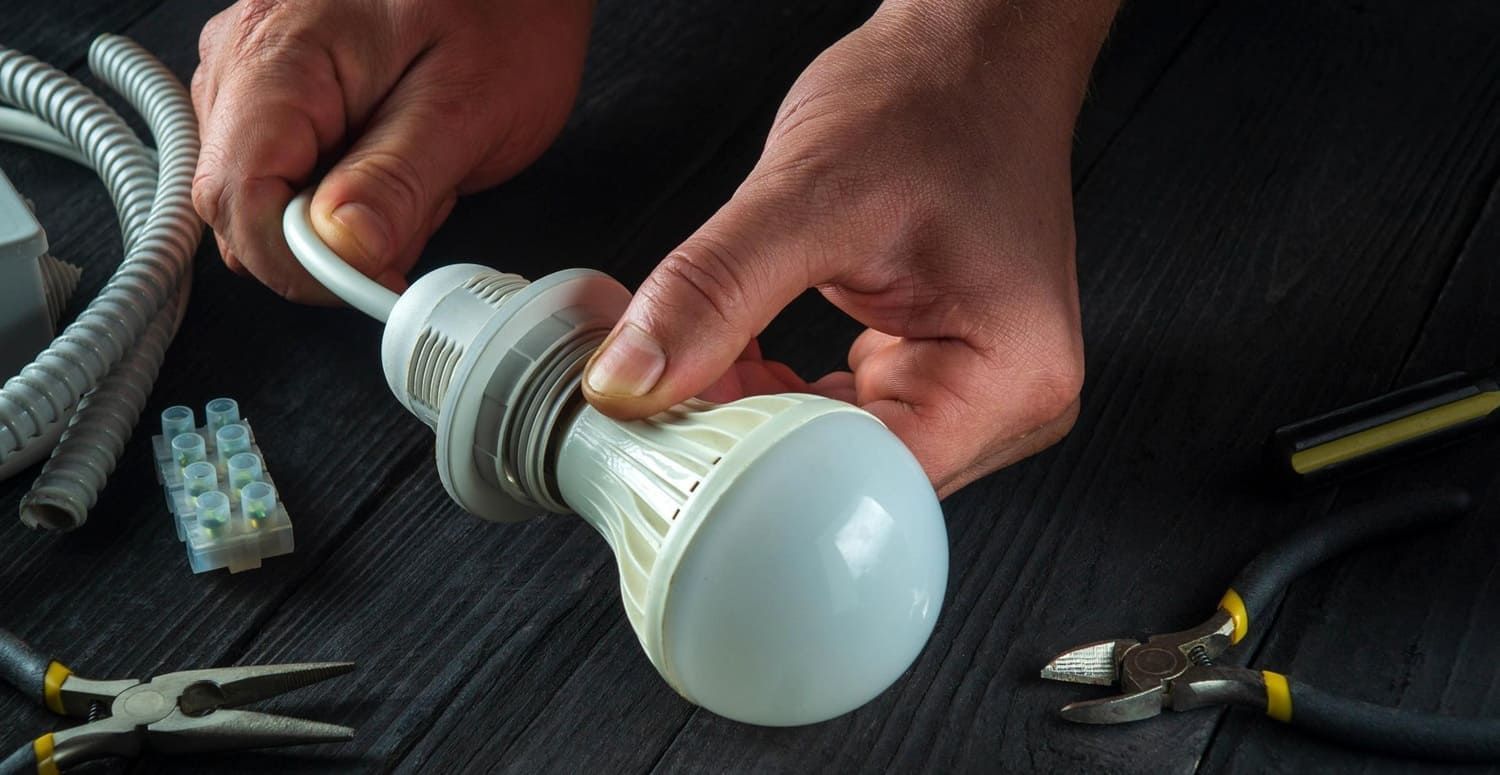
Water Heating: Reduce Consumption
Lower Water Heater Temperature
Adjusting your water heater's temperature setting is a straightforward way to save energy. By reducing the default temperature from 140 degrees Fahrenheit to 120 degrees, you lower energy consumption and mitigate the risk of scalding. This small adjustment can lead to noticeable savings on your energy bill over time.
Insulating your water heater and its pipes further enhances energy efficiency by minimizing heat loss. This ensures that hot water remains at the desired temperature for longer periods, reducing the need for reheating. Together, these measures contribute to a more energy-efficient household with minimal effort.
Install Low-Flow Fixtures
Low-flow fixtures are designed to reduce water usage without compromising performance. By installing low-flow showerheads and faucets, you conserve water and reduce the demand for heated water, leading to energy savings. These fixtures are an affordable and effective way to enhance the sustainability of your home.
In addition to energy savings, low-flow fixtures can significantly reduce your water bills. Many models offer adjustable settings, allowing you to customize the flow rate to suit your preferences. By choosing low-flow options, you make a positive impact on both your budget and the environment.
Renewable Energy: Harness the Power of the Sun
Consider Solar Panels
Investing in solar panels offers a long-term solution for generating clean, renewable energy. Solar panels convert sunlight into electricity, reducing reliance on fossil fuels and the electrical grid. While the initial costs can be high, various government incentives and rebates make solar panels a financially viable option for many homeowners.
Beyond financial savings, solar panels increase your home's energy independence and contribute to a reduction in greenhouse gas emissions. Advances in technology have made solar installations more efficient and aesthetically pleasing, allowing for seamless integration with your home's design. As energy prices continue to rise, solar panels offer a stable and sustainable energy solution.
Energy Audits: Get Professional Insight
Schedule an Energy Audit
An energy audit provides a comprehensive assessment of your home's energy use and efficiency. Conducted by a professional electrician or energy specialist, the audit identifies areas for improvement and offers tailored recommendations. This personalized insight empowers homeowners to make informed decisions about energy upgrades.
Energy audits often reveal overlooked opportunities for savings, such as inefficient appliances or air leaks. By acting on the audit's findings, you can optimize your home's energy consumption and enhance its overall performance. An energy audit is an investment in knowledge that pays dividends in the form of reduced energy costs and a more sustainable home.
Conclusion: Small Changes, Big Impact
Achieving energy efficiency may seem daunting, but even small adjustments can lead to meaningful results. At Buell Electric, Inc. in Tampa, FL, our certified expert electricians specialize in residential, commercial, and marine electrical services. By implementing these tips from our professionals, you can make incremental changes that cumulatively have a substantial impact. Lower utility bills, a reduced carbon footprint, and a more comfortable home environment are just a few of the benefits.
Remember that energy conservation is a collective effort that contributes to a healthier planet. With Buell Electric, Inc., taking proactive steps to reduce energy consumption is simple and effective. Our team is dedicated to helping you play a vital role in environmental stewardship. Every action, no matter how small, helps in the journey toward a more sustainable and energy-efficient future.
Contact Buell Electric, Inc. today for your free estimate and let our certified experts guide you in achieving greater energy efficiency in your home, business, or marine vessel.
Buell Electric's Blog

